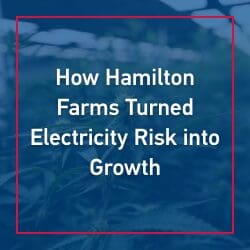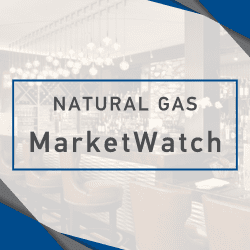Recap: The crude market continued on its upward trend on Friday and posted its largest weekly gain in more than three months. The market was well supported by the increased Ukrainian attacks on Russia’s energy infrastructure prompting Russia to restrict its fuel exports. The market has also been supported amid the increased pressure by U.S. President Donald Trump on buyers of Russian energy in a bid to end the war in Ukraine. During talks with Turkey’s President Recep Tayyip Erdogan, President Trump urged Turkey to stop buying oil from Russia after also previously urging the European Union to impose tariffs on countries that import Russian crude oil. Also, NATO’s warning of a response to further violations of member nation airspace has increased tensions from the war in Ukraine and raised prospects of additional sanctions on Russia’s oil industry. The market remained supported in overnight trading but erased some of its gains as it posted a low of $64.66 in light of reports that Iraq’s oil exports from its Kurdistan region will resume on Saturday. The market later bounced off that level and extended its gains to $1.44 as it traded to a high of $66.42 by mid-day. It retraced more than 62% of its move from a high of $68.43 to a low of $60.85. The market later erased some of its gains ahead of the close. The November WTI contract settled up 74 cents at $65.72 and the November Brent contract settled up 71 cents at $70.13. The product markets ended the session higher, with the heating oil market settling up 24 points at $2.4289 and the RB market settling up 3.54 cents at $2.0376.
Technical Analysis: The oil market will remain headline driven amid the increased geopolitical tension, the possibility of additional sanctions on Russia’s oil industry and the expectations that U.N. sanctions on Iran will be reimposed on Saturday. The market will also see whether exports from Iraq’s Kurdistan region restart on Saturday. The market will likely retrace some of its recent sharp rally. However, its retracement will likely be limited. The crude market is seen finding support at $64.66, $64.02, $63.45, $63.25 followed by $61.85, $61.61, $61.42 and $61.06. Meanwhile, resistance is seen at $66.42, $67.56, $68.35 and $68.43.
Fundamental News: Russia is set to introduce a partial ban on diesel exports until the end of the year to handle shortages following Ukrainian drone attacks on Russian refineries. However, traders said they expected the measure to have little impact on fuel flows. Russia’s restrictions will only be applied to exporters who do not produce the fuel and whose share of exports is small. Around three-quarters of diesel exports are shipped by producers via the North and South pipelines which lead, respectively, to Baltic and Black Sea ports. Those volumes will not be limited. Diesel from non-producers is supplied mainly by rail to Central Asian countries, which also have intergovernmental agreements with Russia on fuel shipments, and these exports are also exempt from the new restrictions. Russia also plans to extend the current gasoline export ban until the end of the year, restricting the export of oil products in order to curb fuel shortages in several regions.
The Kremlin said that talk of shooting down Russian military planes over Europe was reckless, aggressive and marked a serious escalation of tension near Russia’s border. Earlier, the Kremlin said it did not want to talk about a Bloomberg report that European diplomats had privately warned Moscow that NATO would be ready to shoot down any Russian aircraft violating European airspace. Bloomberg reported that British, French and German envoys had delivered the warning at a meeting in Moscow.
Iran’s Foreign Minister, Abbas Araqchi, said that Tehran would scrap an agreement to let the U.N. watchdog inspect its nuclear sites if Western powers reinstated U.N. sanctions. He said that delaying the return of sanctions would provide time and space for diplomacy. A set of U.N. sanctions on Iran are due to be reimposed on Saturday after Britain, France and Germany accused Tehran of violating a 2015 deal with major powers aimed at preventing it from developing a nuclear weapon.
Early Market Call – as of 9:05 AM EDT
WTI – Nov $64.38, down 81 cents
RBOB – Oct $2.0171, down 94 points
HO – Oct $2.3777, down 4.49 cents










